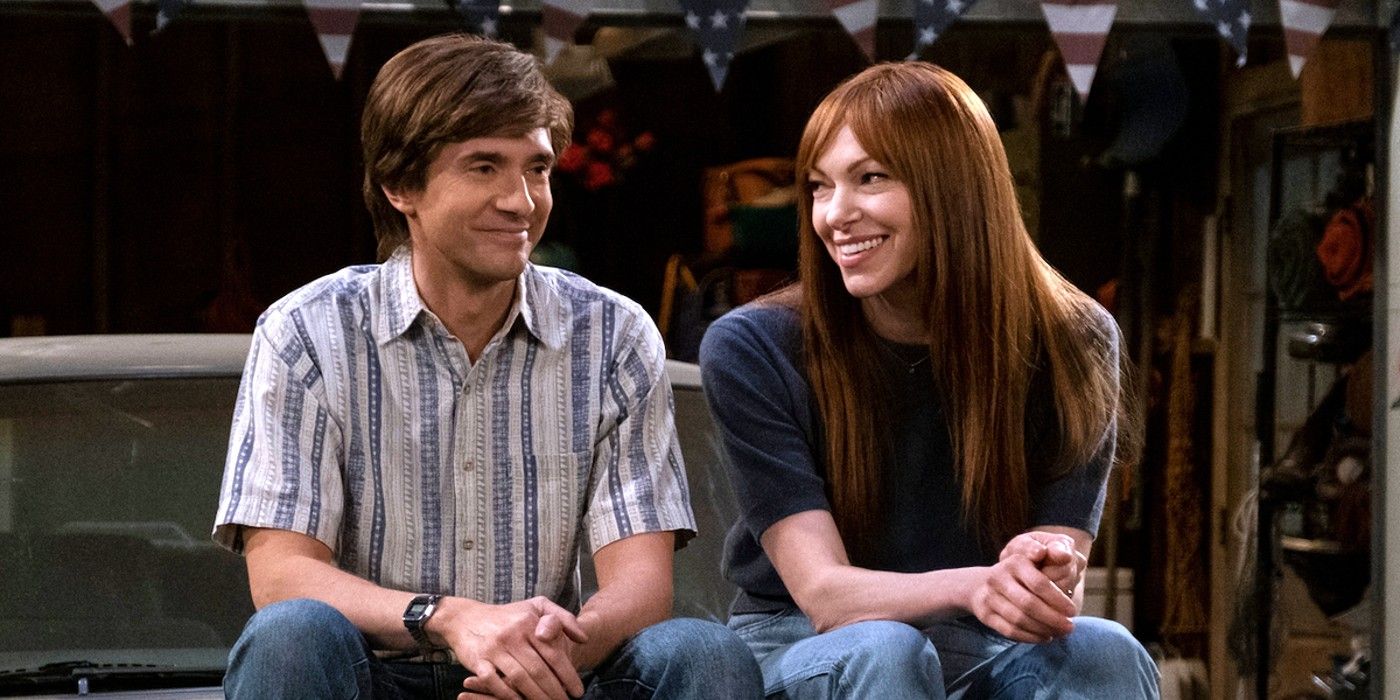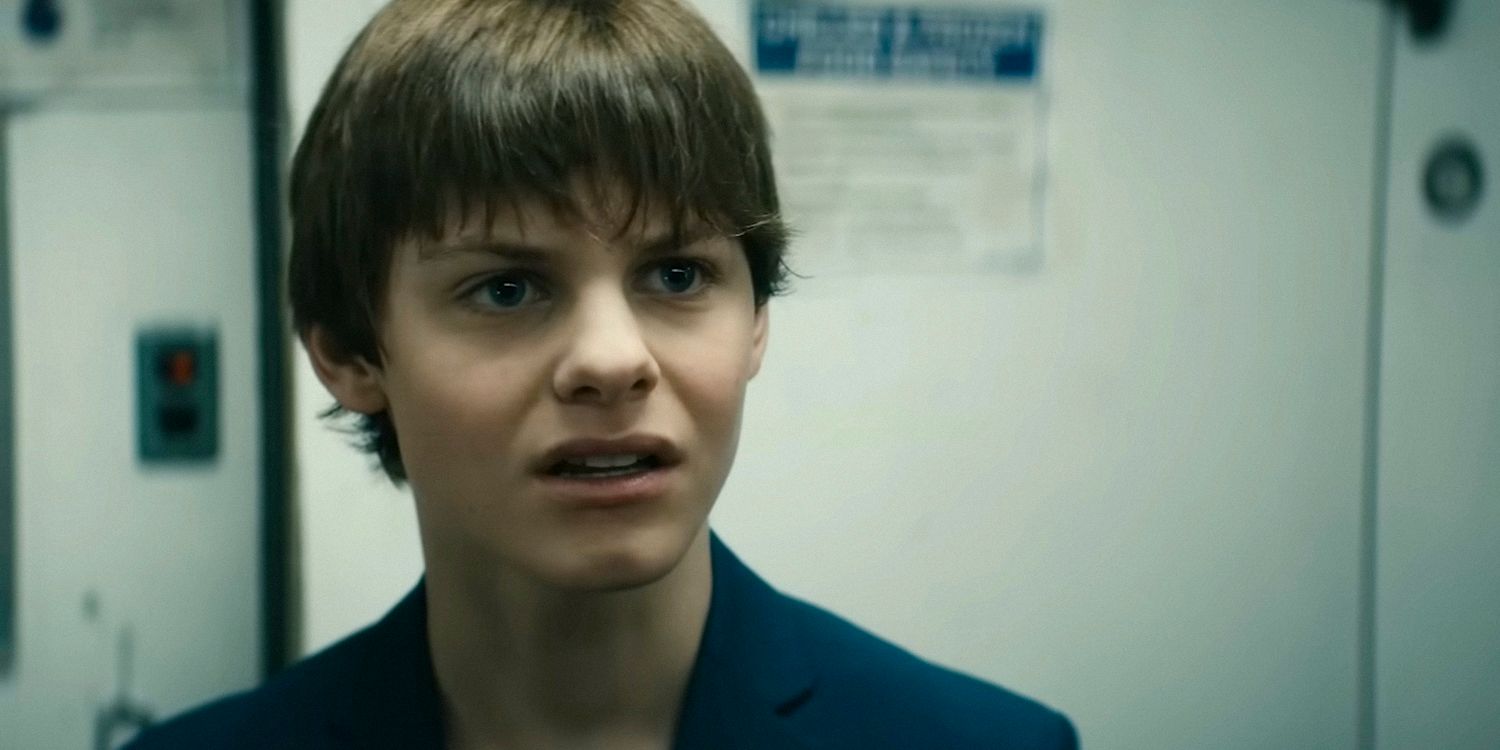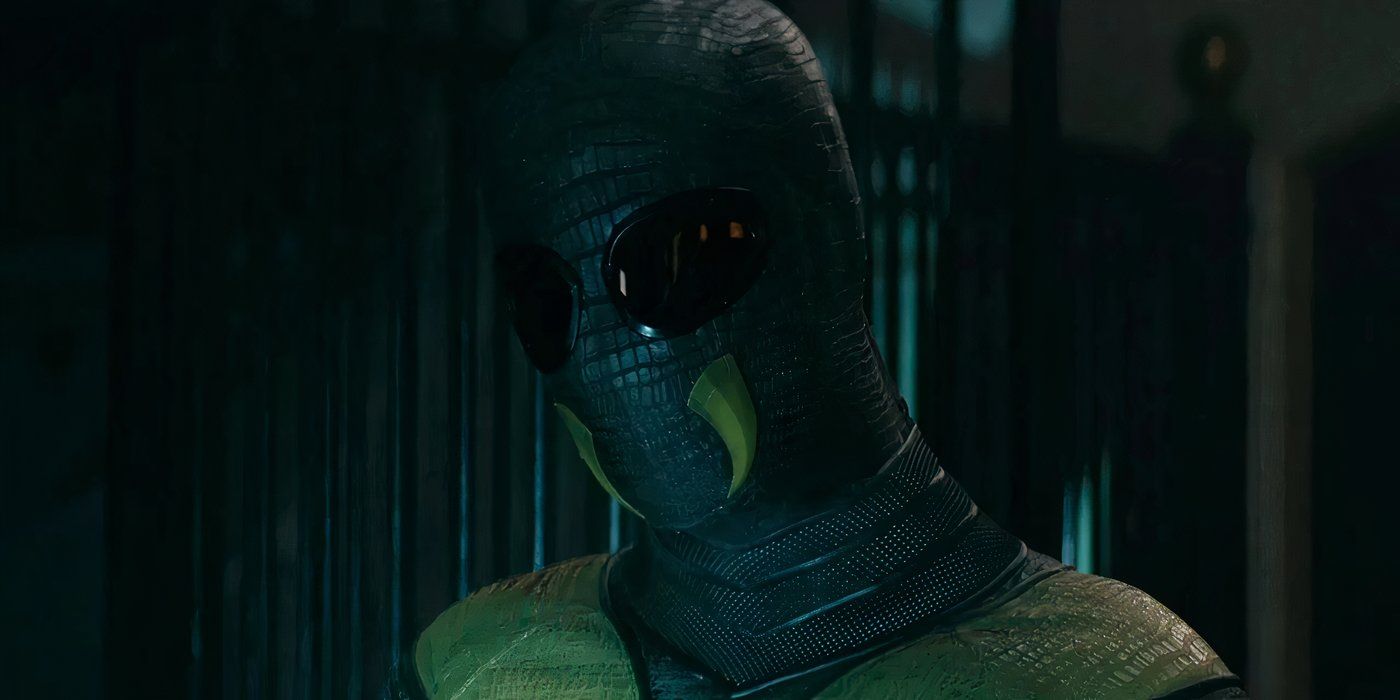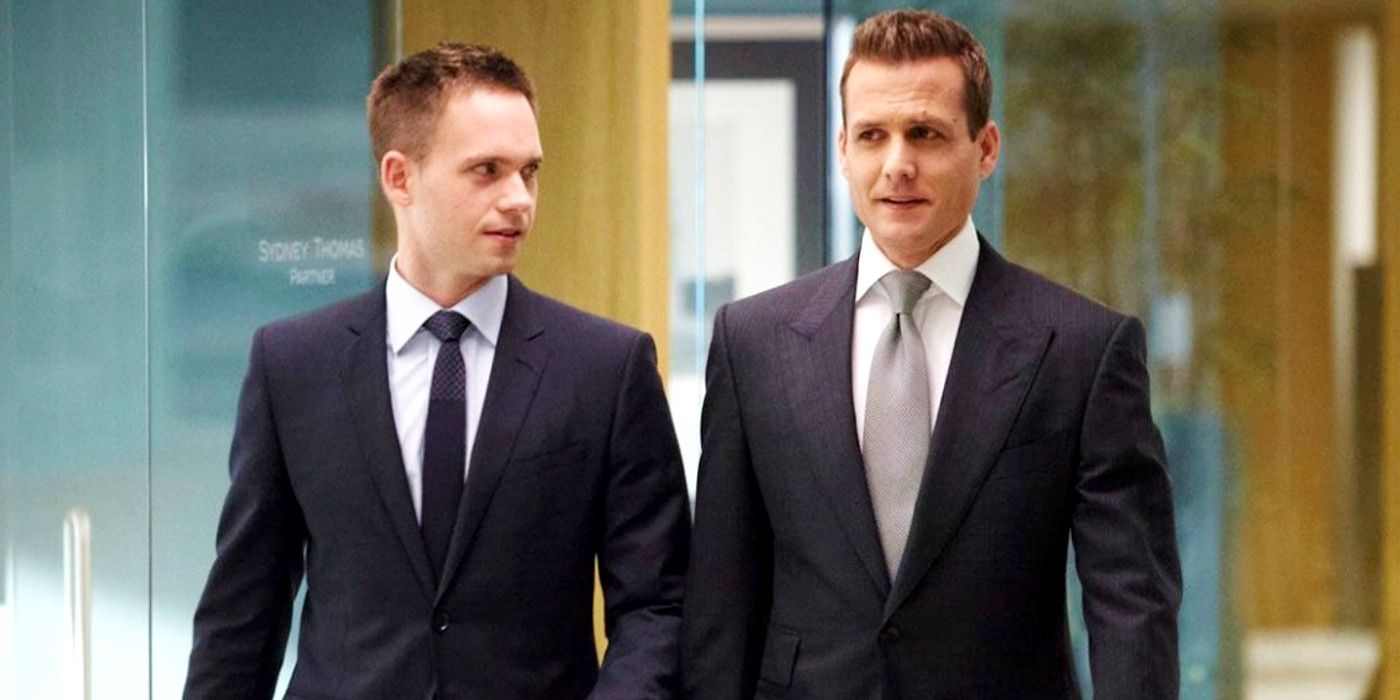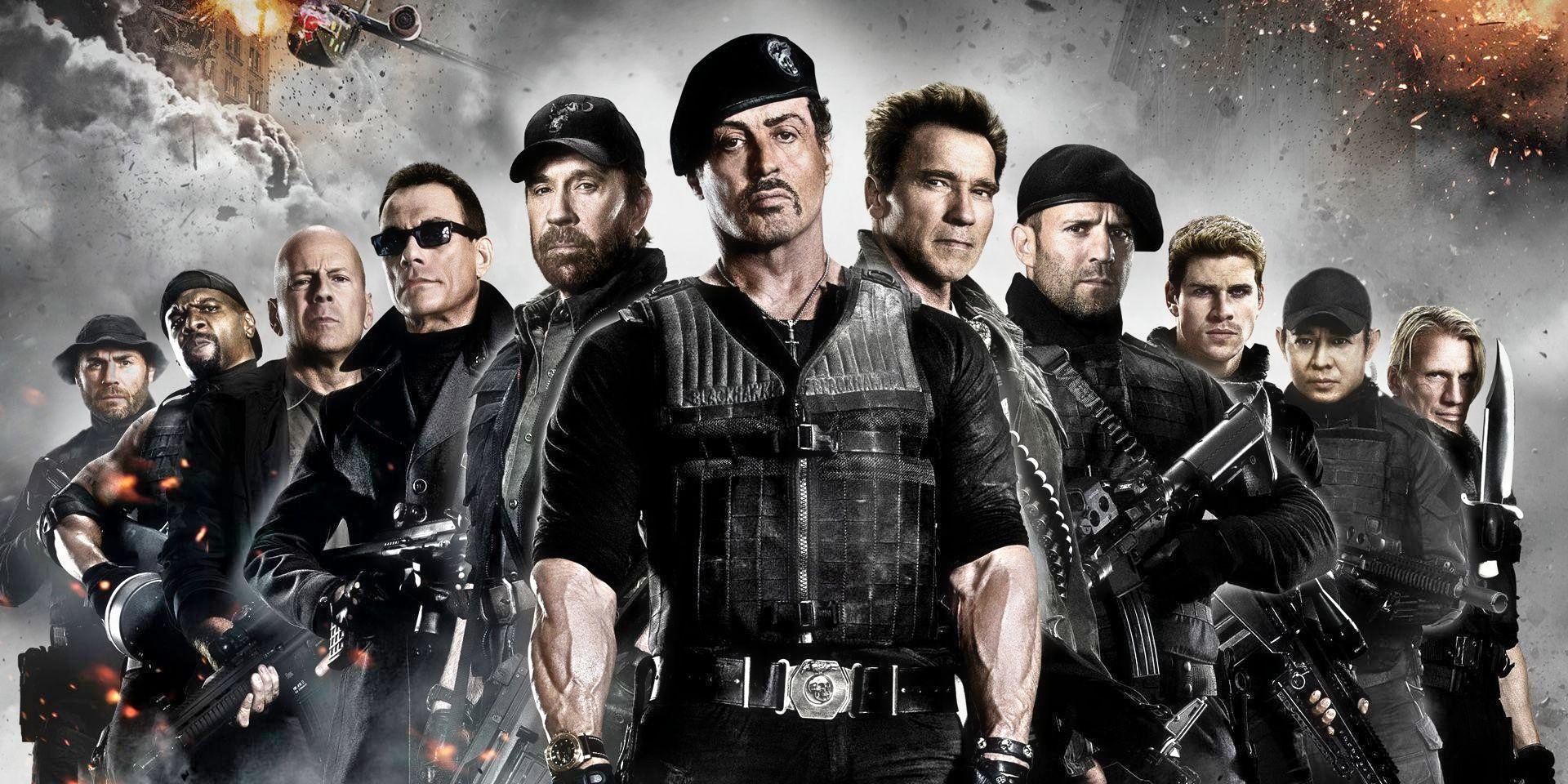It’s fascinating that M. Night Shyamalan has undergone both the highest and lowest possible career positions in Hollywood. Shyamalan was once considered the next Spielberg. He established a distinct voice with quiet, intimate thrillers, creative camerawork, and twists. But after just a handful of films, he was ultimately rejected for a decade. And at times, it didn’t seem unreasonable. His writing has been on the nose, and even campy. So it’s easy to forget that he also achieved truly clever, moving, even witty scenes. It’s fun and safe to hate on things—certainly online. But Shyamalan isn’t the outright failure many would have you believe. Let’s examine how IMDb users rated his filmography, an equal share of disappointment and iconic thrills.
The Happening – 5.0
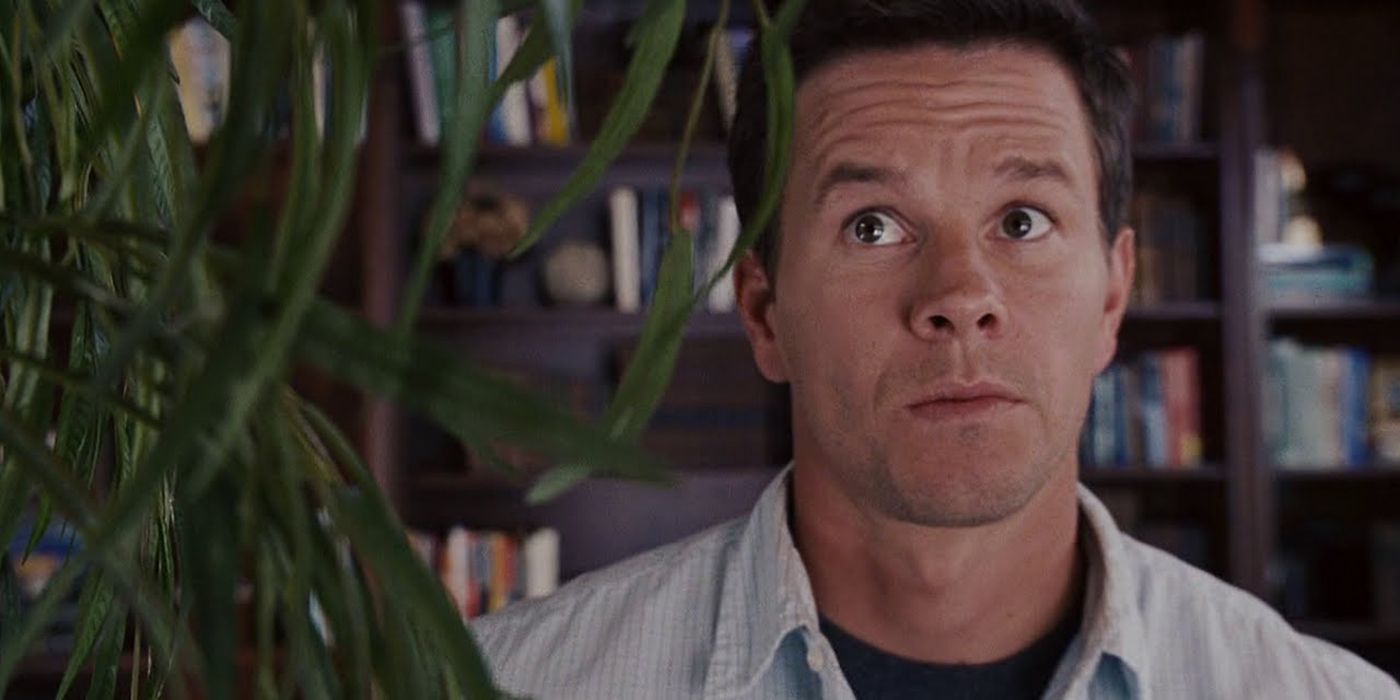
The premise of abrupt, unexplained mass suicide is actually pretty intriguing. And Shyamalan conjures up some decent imagery involving the suicides themselves. The construction workers lazily falling to their deaths is neat, but scenes like the lawnmower suicide just feel shoehorned. Actually, the film doesn’t fully resort to its infamous, cheesy tone until it embraces the plant theory. But the performances are pretty lacking, despite boasting a cast that’s proven talented elsewhere. The movie just can’t straddle the line between intentional and unintentional camp. That identity crisis feels awkward in any film, let alone in horror. It’s unfortunate, because there was a lot of promise going in. Also, the cinematography is beautiful, the score is decent, and the direction effectively captures some terrifying ideas. They just needed a better vehicle.
Lady In The Water – 5.5
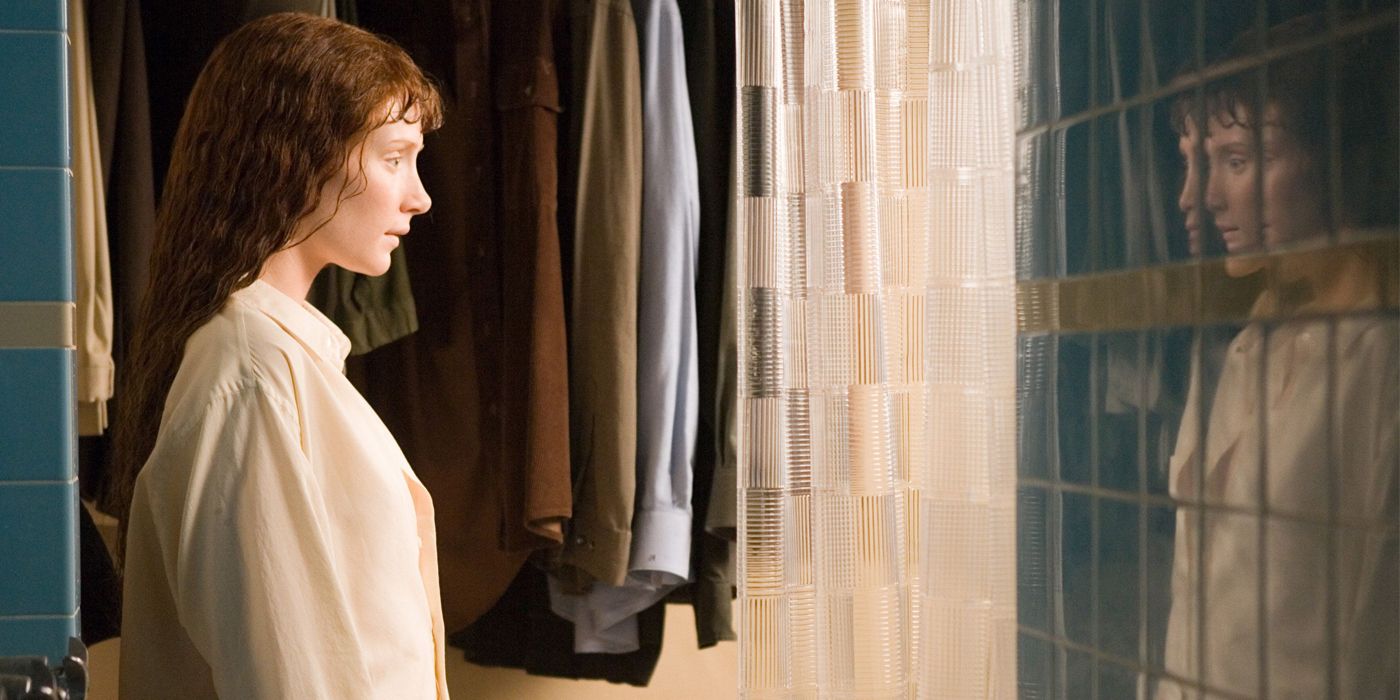
This was the first Shyamalan film to be universally panned. It’s certainly blatant self-indulgence to allow oneself a large role—as a writer whose work will save the world, no less. And of course, he brutally murders the critic. But the entire story works on a meta level. So although it’s frustrating that all of the characters are archetypes, they’re supposed to be. They slowly discover they are only pieces of a fantasy. This explains the exaggerated performances. Sure, there’s some awkward attempts at humor, and the film is thematically ham-fisted. There’s certainly one too many characters to follow, and some of the stereotypes are uncomfortable. But the score is beautiful, the Gothic atmosphere is appealing, and the Scrunt horror is compelling.
Wide Awake – 5.9
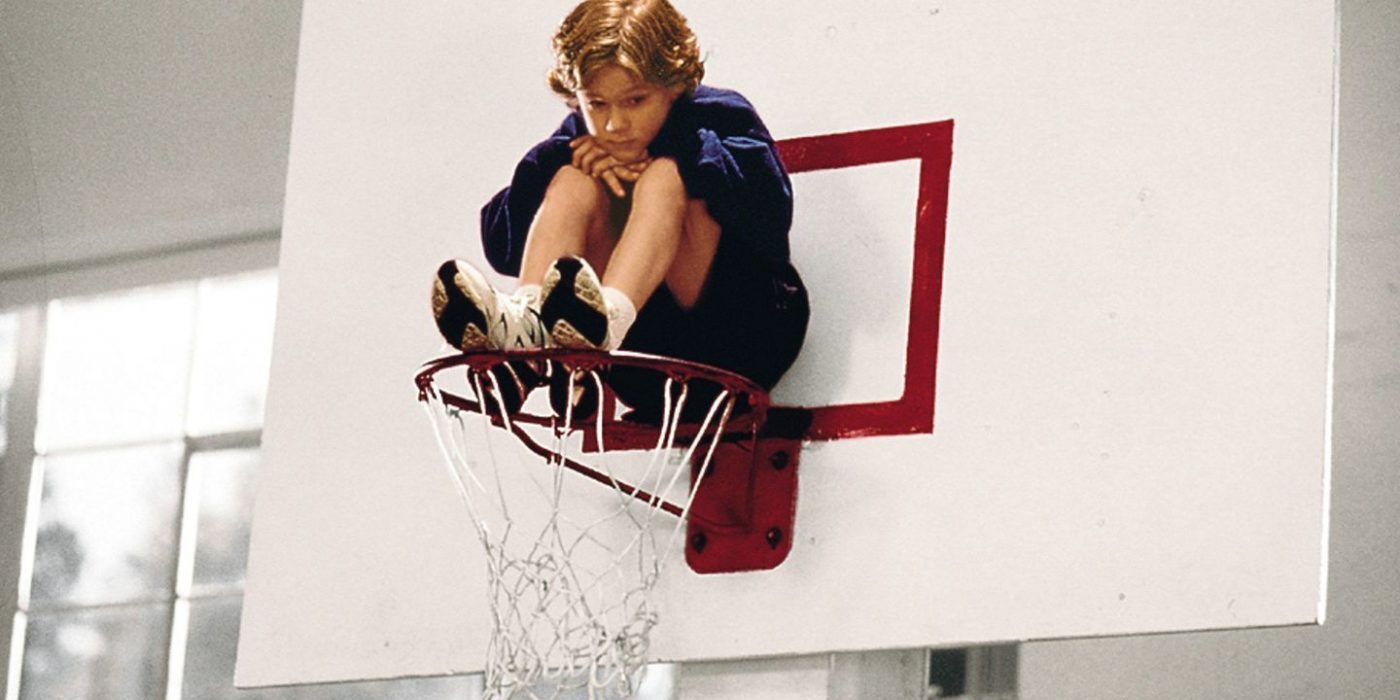
Although it may surprise you, Shyamalan’s earliest work leaned towards comedy. Few will recall that he actually adapted Stuart Little, a cute kids movie for the time. But this film is far more in line with Shyamalan’s typical themes. Wide Awake is about a kid at catholic school. The boy has recently lost his grandfather, and searches religion for consolation and comprehension. Shyamalan has always been fascinated with faith, and using a child’s perspective to explore it feels very natural. Unfortunately, the movie rarely follows suit. The lead actor is very convincing, and his character strikes just the right tone of precocious. But the story is shockingly generic, and the music unbearably likewise. Still, here and there, the movie finds some sincere poignancy, where the story truly belonged.
The Visit – 6.2
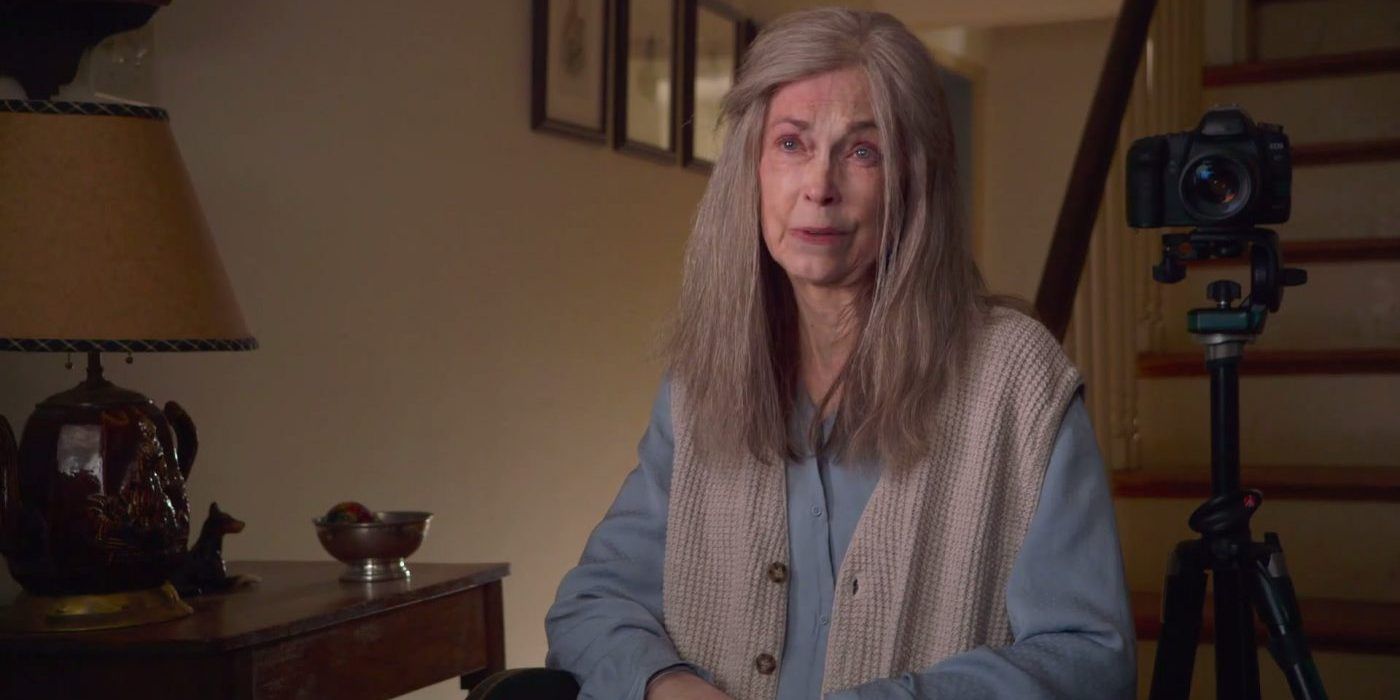
This middling film is often regarded as Shyamalan’s return to form, after his blockbuster failures. Avatar: The Last Airbender was a lighthearted, funny, lush fantasy-adventure—a triumph of animation. Shyamalan’s dark, brooding style doesn’t fit that world whatsoever. And After Earth was more big-budget fare that didn’t channel Shyamalan’s traditional, successful formula. The Visit, however, was a small found-footage experiment that largely works. Shyamalan gets some terrific child performances out of his leads once more. This definitely helps the comedy, which includes some of his best. The twist is pretty unexpected, and the premise is fun. Overall, the relaxed and comfortable tone of Shyamalan’s actual filming radiates from the screen.
The Village – 6.5
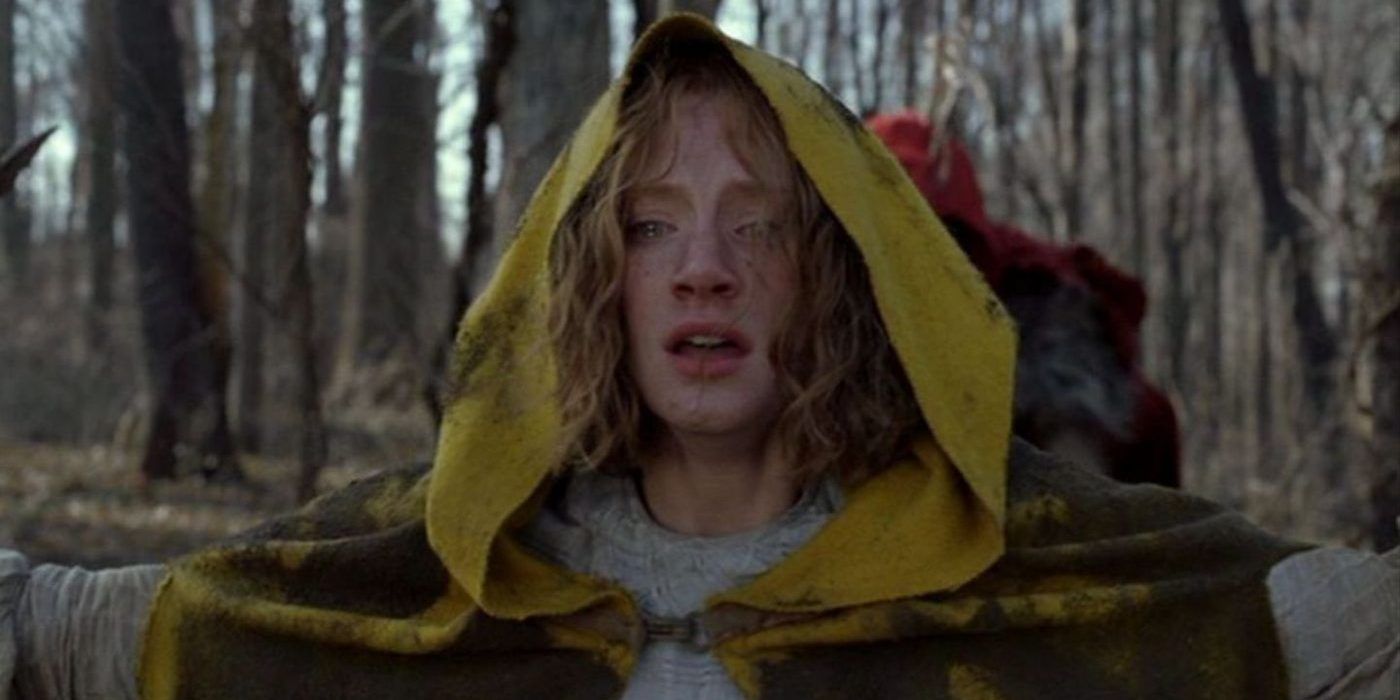
The Village is a somewhat underrated film with flawless music, gorgeous cinematography, and compelling monsters. Unfortunately, it was sold as a monster movie rather than an offbeat romance, to satisfy audience expectations. Bryce Dallas Howard delivers a surprisingly charming, gifted performance, although many supporting characters do not. Adrien Brody’s character isn’t necessarily exploitative on paper, but on screen, it’s pretty iffy. The twist ending has been seen elsewhere, but it’s effective nonetheless. Also, Shyamalan’s blatant commentary about governmental manipulation by fear was unexpected and neat. As usual, Shyamalan wears his sentimentality on his sleeve, but the ruminations on grief are intriguing.
Glass – 6.7
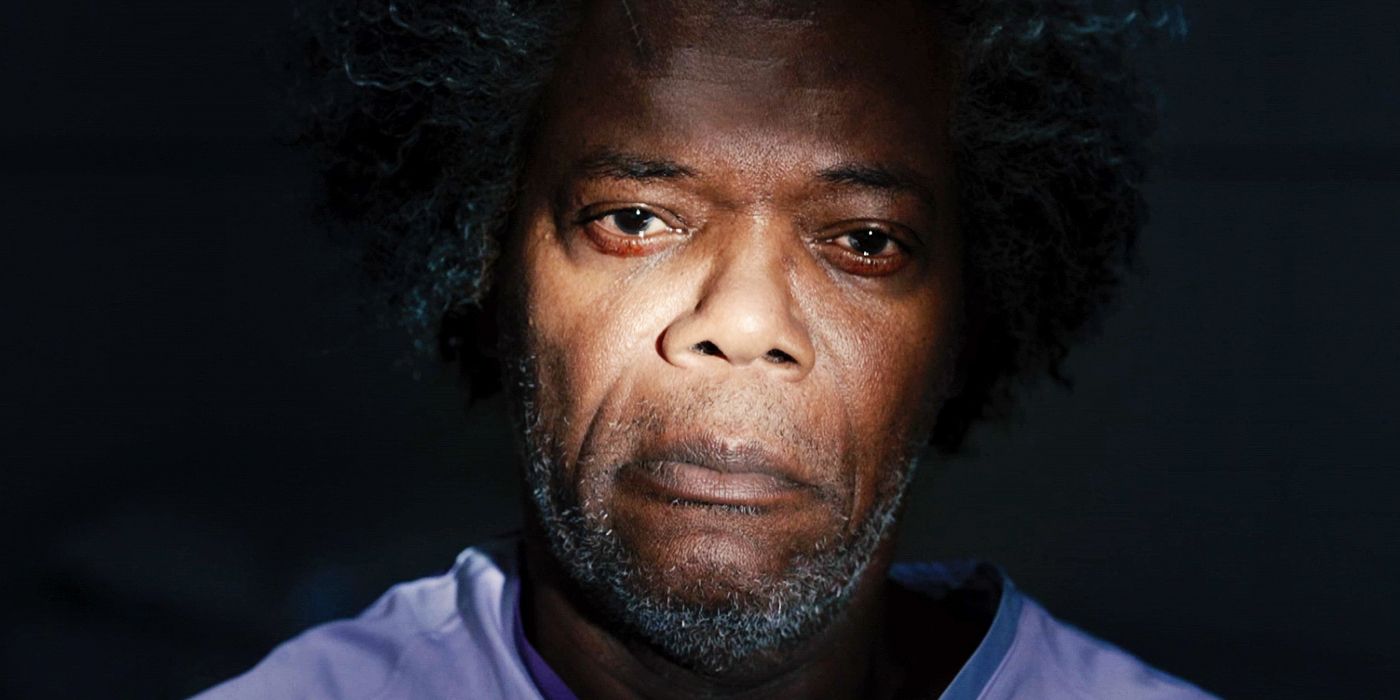
This conclusion to Shyamalan’s unexpected trilogy was quite divisive. Both prior films were widely accepted, so expectations were high. Certainly after such a lengthy hiatus from David Dunn, and in this current pop culture landscape. Glass needed to live up to Shyamalan’s fanbase and audiences who are overwhelmed with constant superheroes. The lead performances are strong. The controversial, merciless ending is rather unsatisfying, but bold nonetheless. The film is confined, but the scale and themes have largely escalated out of reach. This movie swings for the fences, so it’s an equal share of letdowns and superb hits. Still, aside from some awkward close-ups, the direction finds some inventive and appealing imagery.
Signs – 6.7
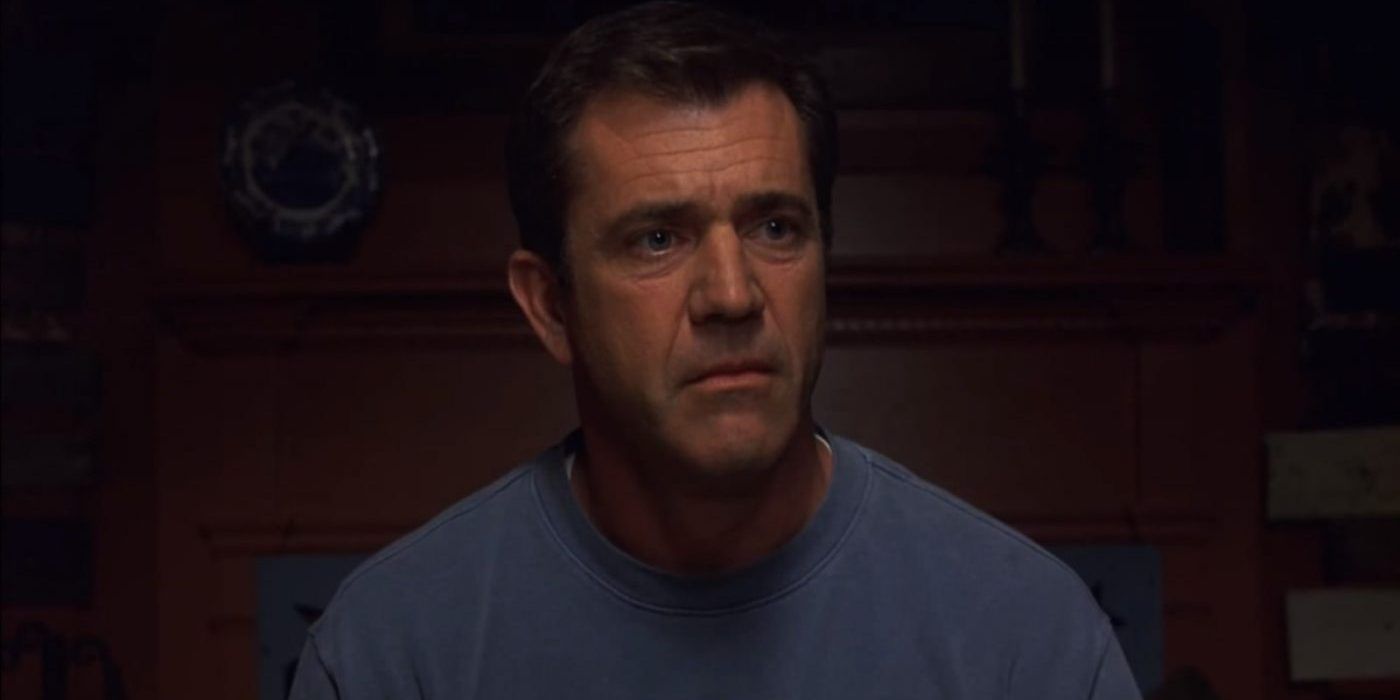
This was one of Shyamalan’s biggest hits, focusing on an isolated mid-western family during an alien invasion. Like The Birds, a distinct influence, the supernatural threat is basically an entertaining vehicle for drama. Signs is thematically blunt, but rich. The mere concept of coincidence is innately intriguing. The protagonist’s unresolved grief, and crisis of faith, balance well with the strained family dynamic. The performances are outstanding, the humor generally works, and the suspense is very effective. The aliens remain largely obscured, and the gradually escalating encounters with them are clever and unsettling. They certainly boast a terrific design, both familiar and uniquely disturbing. Also, the score is sincerely moving and frightening as needed.
Unbreakable – 7.3
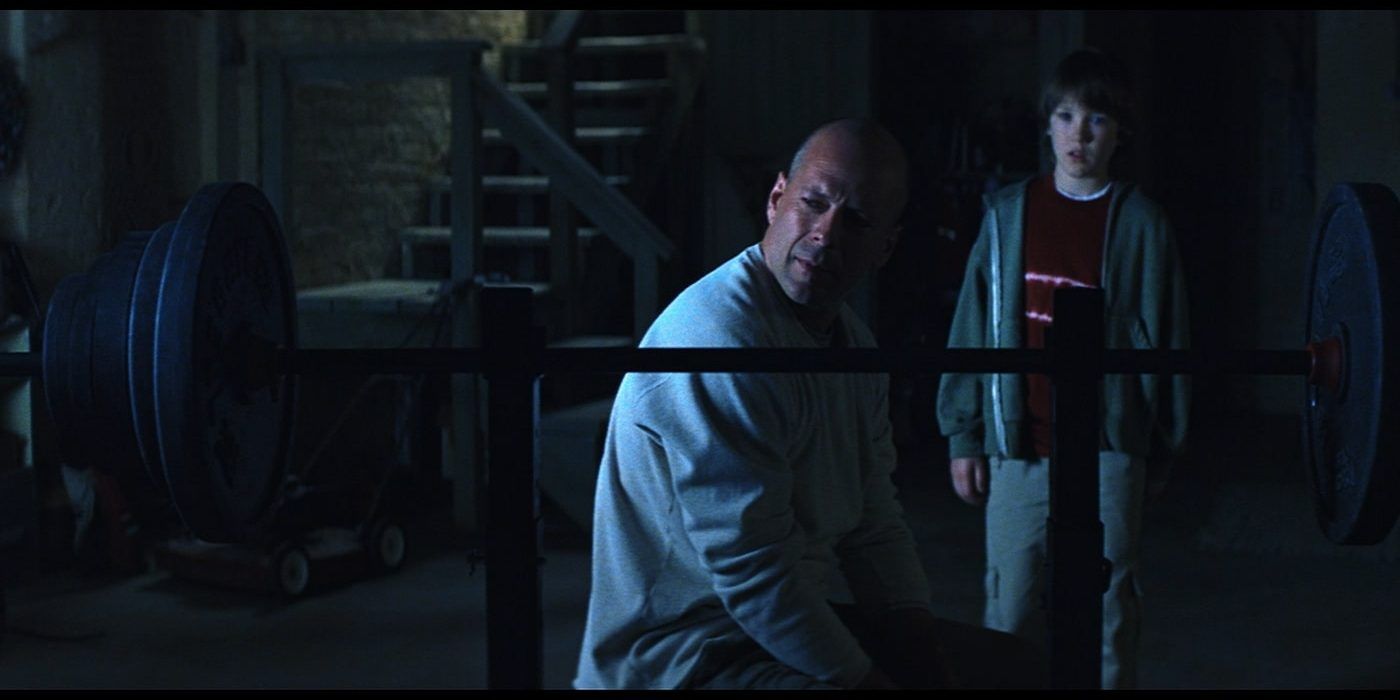
Shyamalan’s supernatural thrillers are unique in always presenting the strange phenomenon as an intrusion on our reality. The movie follows an unfulfilled man that doesn’t realize he is truly a superhero. It’s a fascinating, nuanced drama and love-letter to comic books all at once. However, expectations were needlessly high after Shyamalan’s breakout horror film. But it successfully subverts the genre it loves while telling a compelling origin story. The music is very unique, both haunting and exciting. Also, Shyamalan really captures the feel of a comic book by framing subjects so deliberately, and utilizing colors so creatively.
Split – 7.3
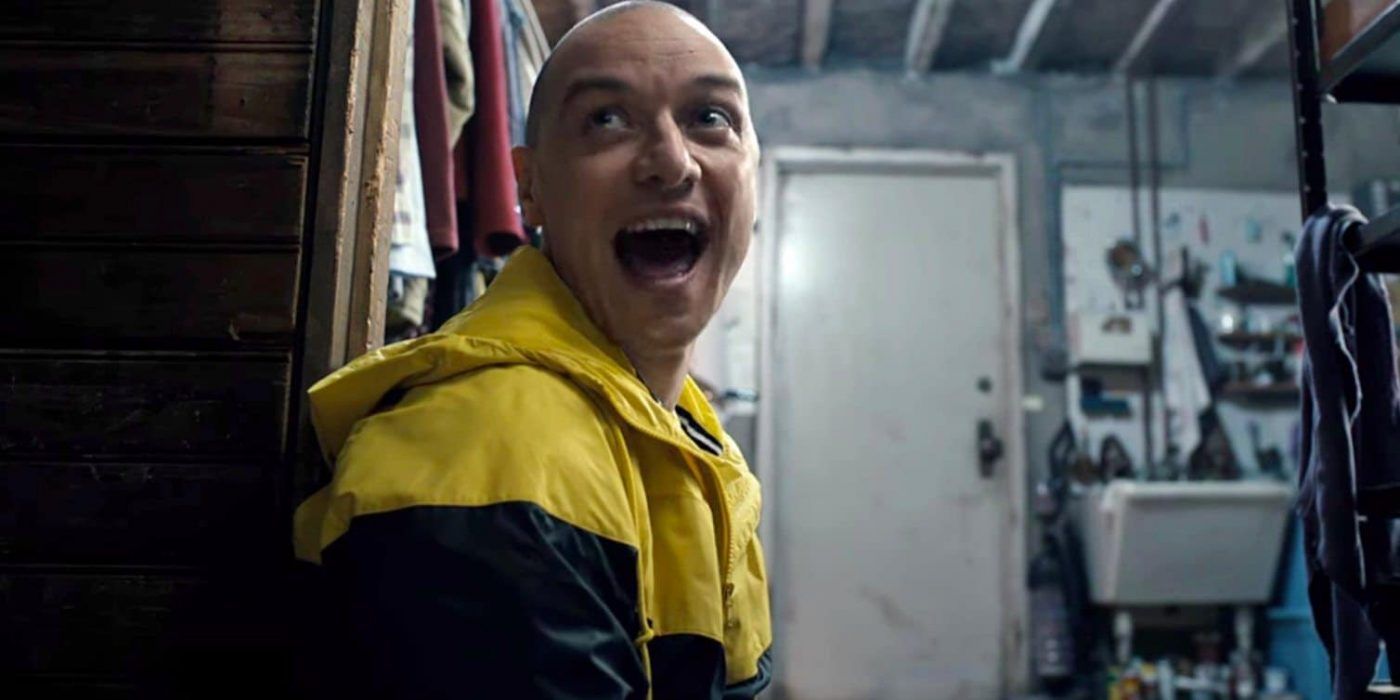
The two leads deliver some great performances, but James McAvoy steals the show here. He portrays a series of various convincing personalities. Hedwig is a genuinely funny character, and yet The Beast is undeniably intimidating. It’s a shame to lose James Newton Howard for the score, but that was clearly intentional for the big reveal. The twist ending of this movie is a very clever magic trick, far unlike Shyamalan’s previous outings. Somehow, he managed to keep it under wraps that this connects to Unbreakable. The film is very much about abuse, which is presented in a sickening, very disturbing way. The claustrophobic atmosphere allows for an equally contained story, with thrilling escape attempts and extended opportunities to explore the characters.
The Sixth Sense – 8.1
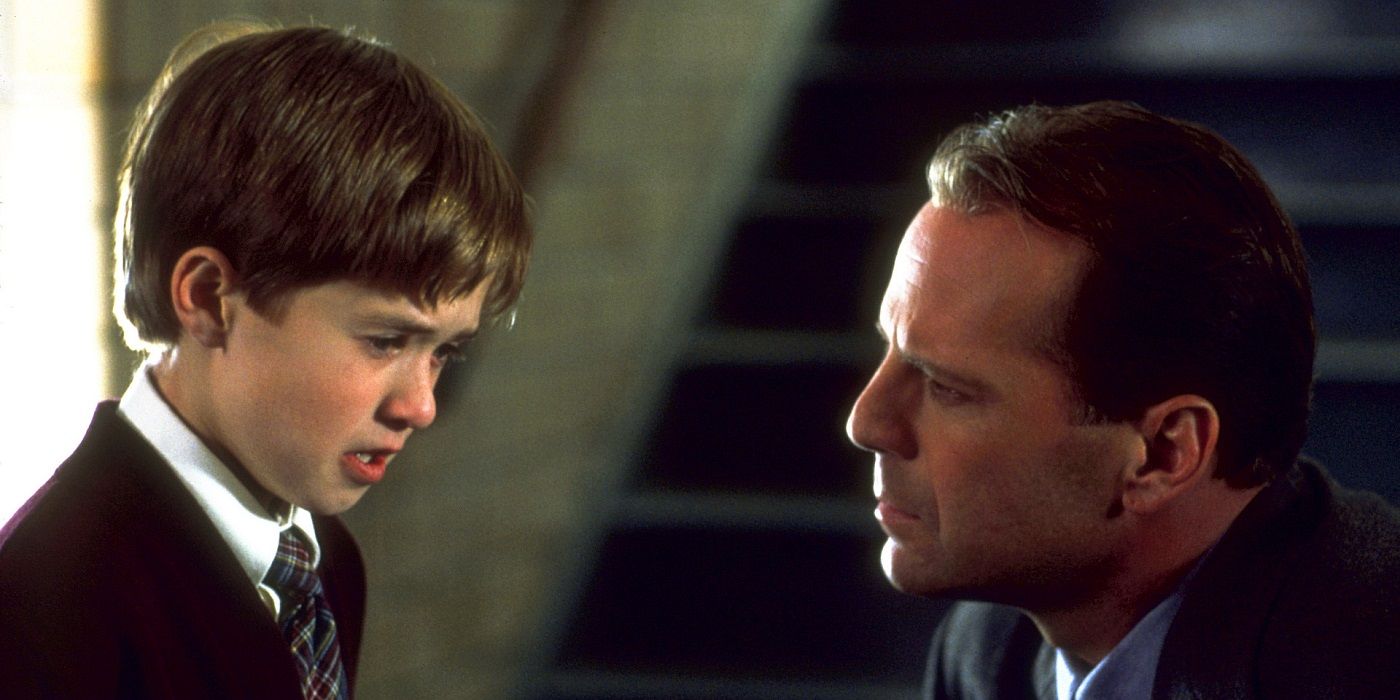
The Sixth Sense is one of the most entertaining horror films of all time, which grounded the psychic and spiritual phenomena. Haley Joel Osment’s performance is absolutely profound, and truly iconic. Not just for a gifted child actor, but for any actor. Like everything else in the film, it is nuanced, potent, and convincing. The relationship between Cole and the protagonist is organic, and the former’s unique circumstances provide great drama and thrills. The film is very much about moving on, both in the literal and figurative sense. It’s also about purpose, something Shyamalan frequently explores. And, of course, the twist ending is undeniably the most famous scene in Shyamalan’s entire filmography. The context of marital problems is altered completely, despite all the evidence in plain sight.
